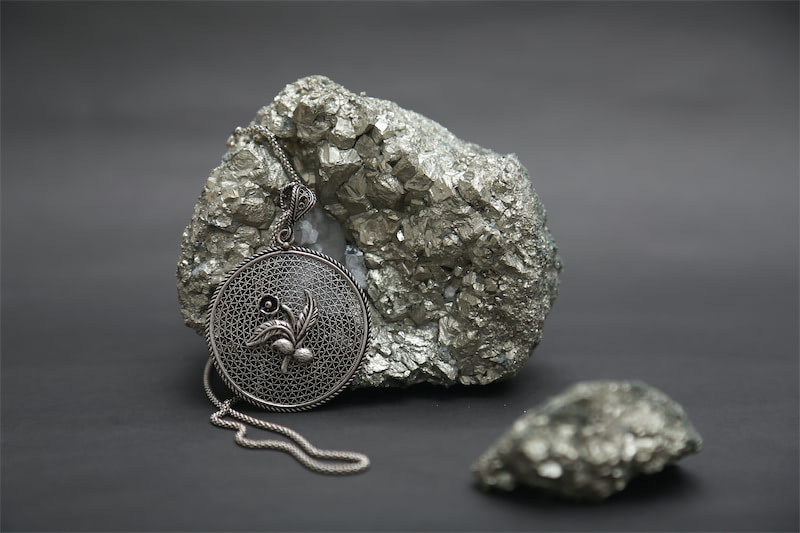Overview of Chinese Refined Tin Smelters and Downstream Solder Enterprises' Chinese New Year Holiday Arrangements [SMM Analysis]
[SMM Analysis: Overview of Chinese Refined Tin Smelters and Downstream Solder Enterprises' Chinese New Year Holiday Arrangements] According to the SMM survey, the holiday arrangements for some domestic refined tin smelters and downstream solder enterprises during the Chinese New Year have been confirmed. Based on the survey results: a few enterprises in Yunnan have chosen to suspend production and take holidays due to tight raw material supply and other issues, while most enterprises have no holiday arrangements during the Chinese New Year, with production departments opting for rotational shifts to maintain normal production...
From the survey results:
1. In Yunnan, a few enterprises chose to halt production and take holidays due to tight raw material supply, while most enterprises have no holiday arrangements during the Chinese New Year. Their production departments opted for staggered shifts to maintain normal production.
2. In Jiangxi, smelters' holiday periods are concentrated around the days before and after the "Little New Year," with post-holiday resumption of work scheduled between the eighth day of the lunar new year and the Lantern Festival. Considering the time required for actual finished product output after resumption, refined tin production in February may be somewhat affected.
3. In other regions, specific holiday arrangements for smelters show that holiday periods are mainly concentrated at the end of January, with work resumption scheduled between the tenth day of the lunar new year and the Lantern Festival.
In summary, given that smelters' holiday periods are concentrated in February, domestic refined tin production in February is expected to see a significant decline.
Through SMM's in-depth survey, we found variations in the holiday schedules of solder enterprises. Specifically, a few solder enterprises began halting production and taking holidays in mid-January, while most chose to start their holidays around the "Little New Year." These differences in timing may be related to each enterprise's production plans, market demand, and supply chain management.
Additionally, we observed that the vast majority of downstream solder enterprises plan to resume production before the eighth day of the lunar new year (February 5 in the Gregorian calendar). This choice of resumption timing may aim to meet the post-Chinese New Year market demand growth and ensure supply chain stability.
In terms of inventory management, our survey results indicate that downstream enterprises' demand for tin ingot inventory this year is slightly lower than expected. This phenomenon may reflect cautious attitudes among downstream and end-user enterprises toward the 2025 market demand. Most enterprises have only maintained inventory levels sufficient to meet initial post-holiday production needs, which could suggest a less optimistic outlook on the future market.
Interestingly, when tin prices hit a low point in mid-January, many downstream enterprises actively replenished their inventories. This behavior may have been to address production needs during the Chinese New Year holiday and fulfill some pre-scheduled orders. Due to the holiday, the number of natural production days in February will decrease, and some demand originally scheduled for February has been brought forward to January. Therefore, we expect a significant decline in the operating rate of tin solder enterprises in February after the holiday.
Overall, while downstream enterprises remain cautious about future market demand, they have demonstrated a certain degree of flexibility and foresight in inventory management and production planning. We will continue to monitor market dynamics to stay updated on industry trends.
Data Source Statement: Except for publicly available information, all other data are processed by SMM based on publicly available information, market communication, and relying on SMM‘s internal database model. They are for reference only and do not constitute decision-making recommendations.
For any inquiries or to learn more information, please contact: lemonzhao@smm.cn
For more information on how to access our research reports, please contact:service.en@smm.cn

![The Most-Traded SHFE Tin Contract Opened Lower and Then Traded Stronger, Spot Market Recovers Amid Downtrend [SMM Tin Midday Review]](https://imgqn.smm.cn/usercenter/WWXJU20251217171753.jpg)
![The most-traded SHFE tin contract fluctuated rangebound during the night session, with downstream enterprises mostly following up with small-lot transactions. [SMM Tin Morning Brief]](https://imgqn.smm.cn/usercenter/bYFQn20251217171752.jpg)
